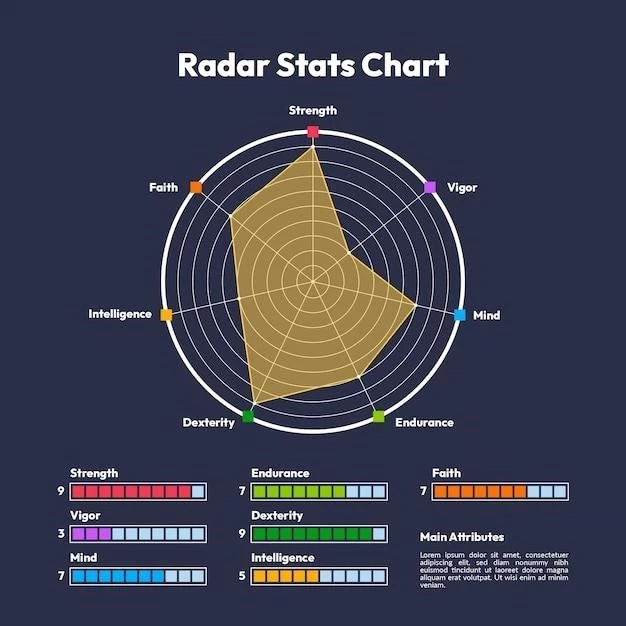Tetrasomy X, also known as 48٫XXXX٫ is a chromosomal disorder in females٫ where they have four X chromosomes instead of two. It affects only females and can lead to various health issues.
Understanding Tetrasomy X
Tetrasomy X is a rare chromosomal disorder that affects only females, characterized by the presence of four X chromosomes instead of the usual two. This condition can lead to various physical, cognitive, and health issues, making early diagnosis and management crucial for individuals with this disorder.

Symptoms and Effects of Tetrasomy X
Women with Tetrasomy X may experience a range of symptoms, including intellectual disability of varying severity, characteristic facial features, heart defects, and skeletal anomalies. Early diagnosis is crucial.
Physical and Cognitive Symptoms
Physical symptoms of Tetrasomy X may include characteristic facial features, heart defects, and skeletal anomalies. Cognitive symptoms can range in severity, leading to intellectual disability in affected individuals.
Associated Health Issues
In addition to physical and cognitive symptoms, Tetrasomy X can be associated with various health issues such as heart defects, skeletal anomalies, and potential fertility challenges. Seeking medical advice is crucial in managing these health concerns.

Diagnosis and Testing for Tetrasomy X
For an accurate diagnosis of Tetrasomy X, individuals may need karyotype analysis to identify the presence of four X chromosomes instead of two. Seeking rare disease expert consultation can also be beneficial in confirming the diagnosis.
Karyotype Analysis
When investigating Tetrasomy X, a karyotype analysis is essential to identify the presence of four X chromosomes instead of two. This diagnostic test aids in confirming the chromosomal abnormality and informing appropriate management strategies.
Rare Disease Expert Consultation
Individuals seeking a diagnosis for Tetrasomy X may benefit from consulting with rare disease experts who have specialized knowledge in chromosomal disorders. These experts can provide valuable insights, guidance, and support throughout the diagnostic process.
Treatment and Management of Tetrasomy X
Patients with Tetrasomy X may require a multidisciplinary approach for treatment involving various specialists. Support groups and resources can also be instrumental in managing the condition effectively.
Multidisciplinary Approach
Managing Tetrasomy X often requires a multidisciplinary approach involving specialists such as geneticists, endocrinologists, developmental pediatricians, and psychologists. Coordination among various healthcare providers is essential to address the complex needs associated with this chromosomal disorder effectively.
Support Groups and Resources
Support groups and resources play a vital role in assisting individuals with Tetrasomy X and their families in coping with the challenges associated with the condition. These groups provide emotional support, information sharing, and access to valuable resources that can enhance the overall management and well-being of those affected by Tetrasomy X.
Prognosis and Life Expectancy with Tetrasomy X
The long-term prognosis for Tetrasomy X appears generally good, with individuals diagnosed in their 50s and 60s, showing healthy aging and good physical health. Seek regular medical follow-ups;
Long-Term Outlook
Individuals with Tetrasomy X have shown positive long-term outcomes, with some cases diagnosed in their 50s and 60s, displaying healthy aging and good physical health. Regular medical follow-ups are recommended for continued monitoring and management.
Research and Future Directions for Tetrasomy X
Ongoing research on Tetrasomy X aims to enhance understanding of this rare chromosomal disorder and improve diagnostic methods and management strategies. Future directions may include exploring potential targeted therapies and interventions to address the specific needs of individuals with Tetrasomy X.
